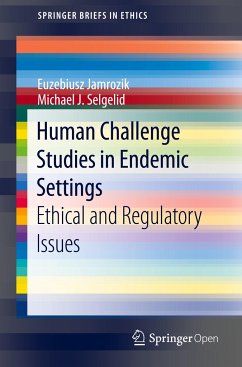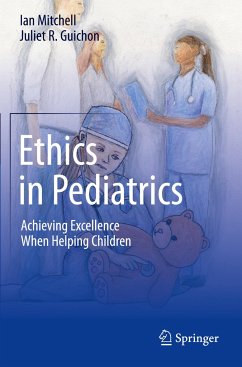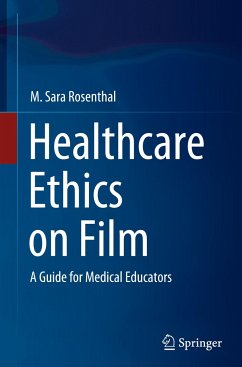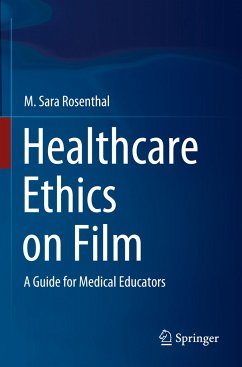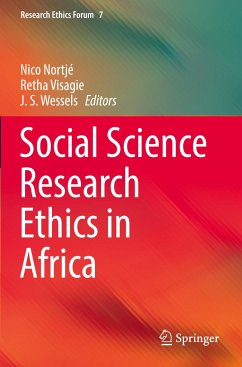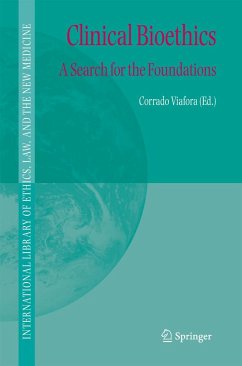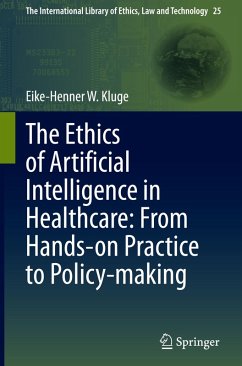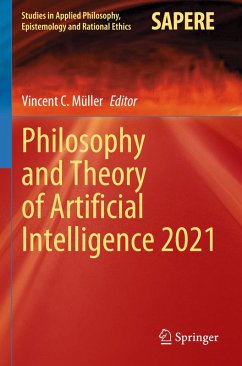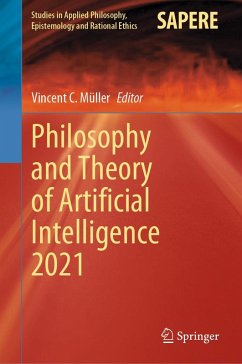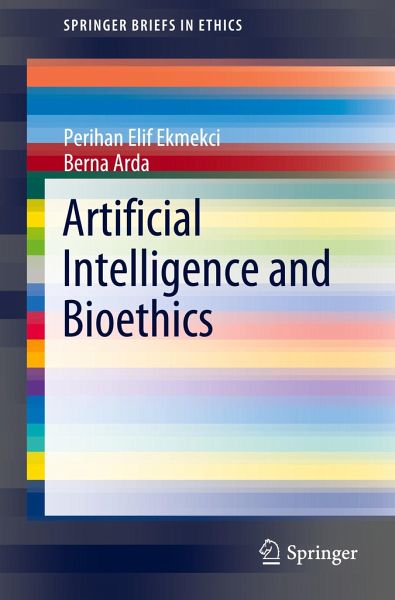
Artificial Intelligence and Bioethics

PAYBACK Punkte
27 °P sammeln!
This book explores major bioethical issues emerging from the development and use of artificial intelligence in medical settings. The authors start by defining the past, present and future of artificial intelligence in medical settings and then proceed to address the resulting common and specific bioethical inquiries. The book discusses bioethical inquiries in two separate sets. The first set is comprised of ontological discussions mainly focusing on personhood and being an ethical agent of an artefact. The second set discusses bioethical issues resulting from the use of artificial intelligence...
This book explores major bioethical issues emerging from the development and use of artificial intelligence in medical settings. The authors start by defining the past, present and future of artificial intelligence in medical settings and then proceed to address the resulting common and specific bioethical inquiries. The book discusses bioethical inquiries in two separate sets. The first set is comprised of ontological discussions mainly focusing on personhood and being an ethical agent of an artefact. The second set discusses bioethical issues resulting from the use of artificial intelligence. It focuses particularly on the area of artificial intelligence use in medicine and health services. It addresses the main challenges by considering fundamental principles of medical ethics, including confidentiality, privacy, compassion, veracity and fidelity. Finally, the authors discuss the ethical implications of involvement of artificial intelligence agents in patient care by expandingon communication skills in a case-based approach. The book is of great interest to ethicists, medical professionals, academicians, engineers and scientists working with artificial intelligence.





